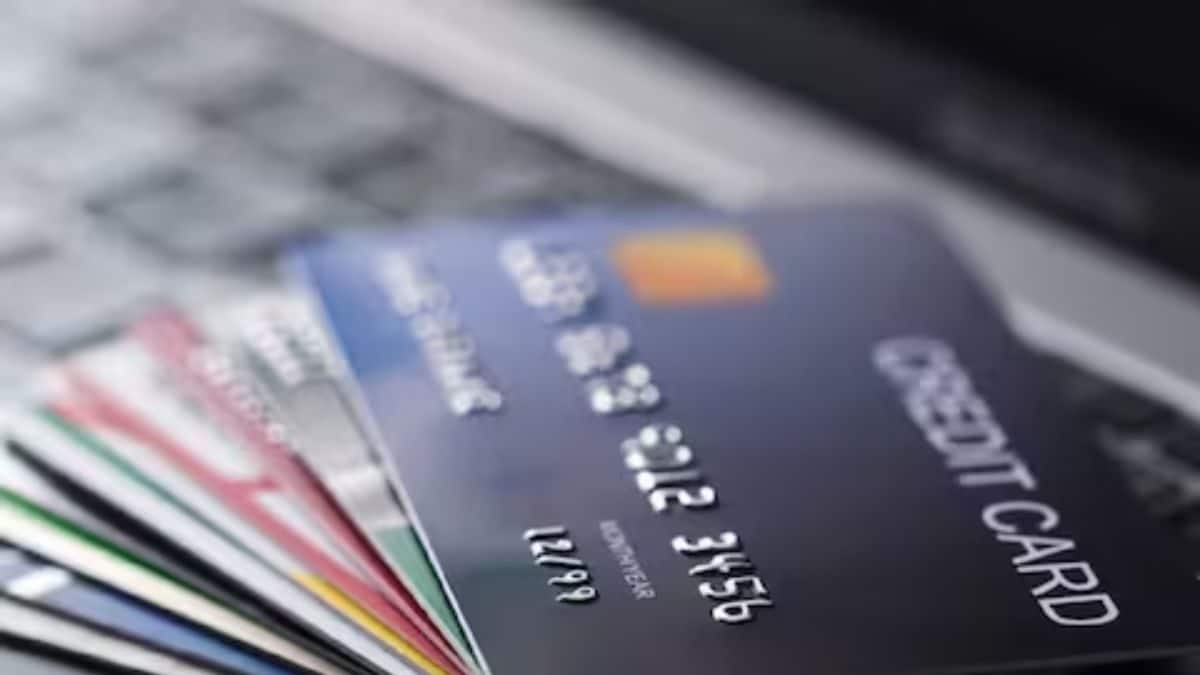Credit Card Bill Payments Via Cred, BillDesk, PhonePe To Be Stopped After June 30, If…

[ad_1]

HDFC Bank, ICICI Bank and Axis Bank have not yet activated the BBPS. These company have issued a combined of over 5 crore credit cards to customers.
As many lenders have not yet complied with RBI’s directions on BBPS, fintechs like PhonePe and Cred will also not be able to process payments on credit card dues for them after June 30
PhonePe, Cred, BillDesk and Infibeam Avenues are some of the major fintechs that will be affected after the RBI’s latest regulation requiring credit card bill payments to be routed through a centralised billing network comes into force from July 1, according to an Economic Times report.
The Reserve Bank of India earlier directed that all credit card payments must be processed through the Bharat Bill Payment System (BBPS) after June 30.
So far, HDFC Bank, ICICI Bank and Axis Bank have not activated BBPS. These banks have issued a combined over 5 crore credit cards to customers.
As these lenders have not yet complied with the directions, fintechs like PhonePe and Cred, which are already members of BBPS, will also not be able to process payments on credit card dues for them after June 30. So, lenders need to comply with the RBI norms till June 30 for these fintech to operate seamlessly.
“The payments industry has sought extension of the deadline by 90 days,” the chief of a major payments firm quoted by Economic Times as saying.
Currently, according to the ET report, only eight banks have activated bill payments on BBPS, as against a total of 34 banks that are allowed to issue credit cards.
The lenders who have activated BBPS include SBI Card, BoB Card, IndusInd Bank, Federal Bank, and Kotak Mahindra Bank.
Why Has RBI Mandated Centralised Payment of Credit Cards?
Industry players said that it aims to provide the RBI with better visibility on payment trends, apart from allowing the central bank to track and resolve fraudulent transactions.
[ad_2]
Source link




